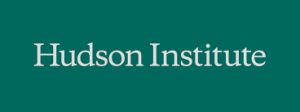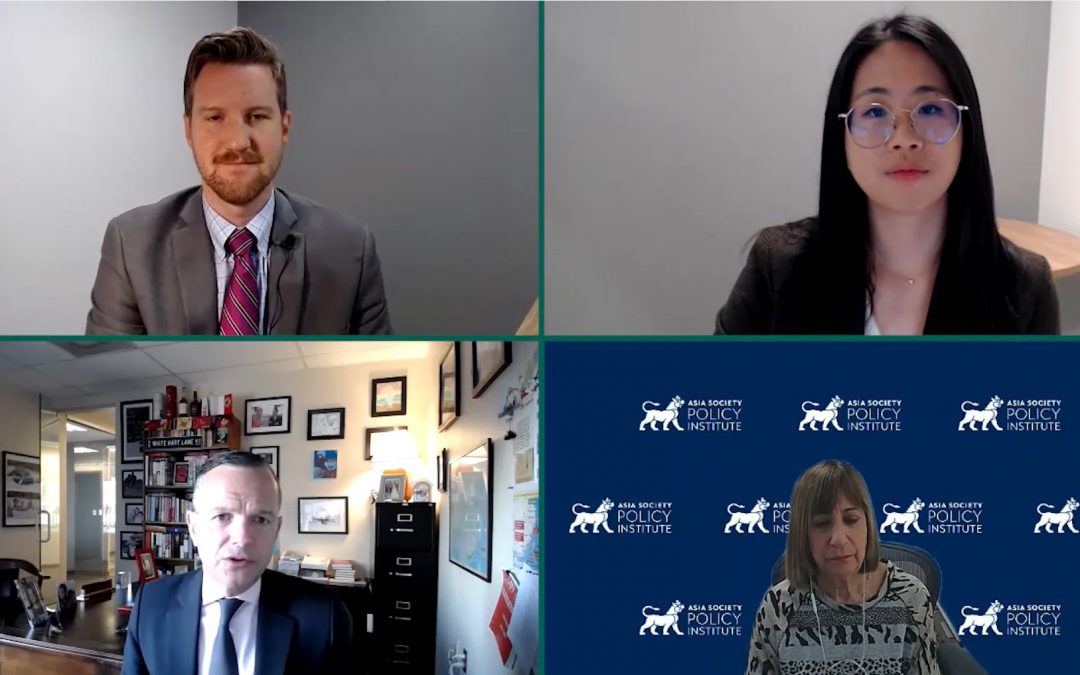
On October 17, 2022, US-Taiwan Business Council President Rupert Hammond-Chambers spoke at “Strengthening Taiwan’s Trade and Economic Stability,” a virtual event hosted by The Hudson Institute.
In announcing the event, The Hudson Institute said,
In June, the United States and Taiwan launched a new initiative called the “US-Taiwan Initiative on 21st-Century Trade,” meant to “advance mutual trade priorities based on shared values.” Taiwan is America’s eighth largest trading partner for goods, while the US is Taiwan’s second largest. Taiwan is a top trading partner for many other advanced economies, but few are willing to pursue official trade and economic agreements with Taipei. Meanwhile, China’s coercive economic activities continue to target Taiwan. As the US and its allies talk more about how to deter a Chinese invasion of Taiwan, policymakers should focus more on how to deter a Chinese economic takeover of the island. How can the US and Taiwan build confidence in their trade and economic partnerships? How can the new US-Taiwan trade initiative lead to greater supply chain resiliency in the Indo-Pacific? Please join Hudson Institute for a discussion on these topics.
During his comments, Rupert Hammond-Chambers said:
I’d like to frame the tensions in the Taiwan Strait [the[ last few years, and recently post [House Speaker Nancy] Pelosi’s trip, as to how we’ve been experiencing them here in the States. There is a very binary discussion between peace and war, I believe it’s misleading in respect to China’s actual overall strategy as it relates to Taiwan and the CCP’s efforts to absorb Taiwan into the People’s Republic of China. Chinese strategy at the moment is economic coercion. They’re attempting to create this view that Taiwan is a dangerous place to do business, and create the impression… that the risk of doing business in Taiwan is rising and the literal cost of doing business in Taiwan is also rising. The greater the pressure that the Chinese can place on Taiwan – economic coercion – and the more it can deter future investment, the more they can curb the upward economic trajectory of Taiwan while putting themselves forward as the only real option for the Taiwan economy’s long-term future… The overall effort here with the Chinese is to economically coerce Taiwan, to weaken it economically, and put it in a more vulnerable position.
President Hammond-Chambers also commented that:
[America’s national interest] is to ensure that our economic trading partners are as vital and as important to us – in respect to the exchange of intellectual property/manufacturing of intellectual property and the market for goods/services – as possible. Taiwan is [our] top 10 trading partner in the world, therefore Taiwan’s economic marginalization is an economic issue for us at a national security level… The United States can and should position itself to engage Taiwan economically in a more significant way than it already is.
The Council thanks The Hudson Institute for the opportunity to participate in this virtual event.

